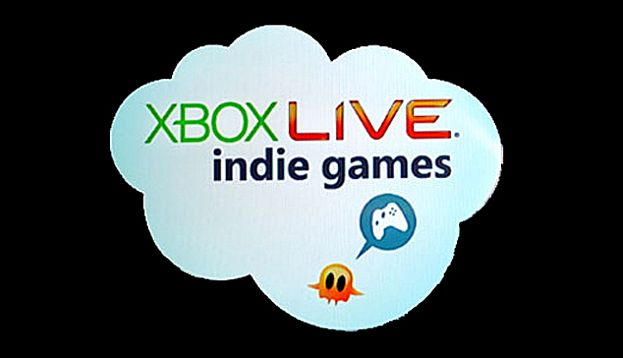Microsoft’s latest Xbox 180 is a change to its indie publishing policy. Game Informer broke the news last week, saying that Microsoft will reverse its prior decision and allow independent developers to self-publish their games on Xbox Live. Microsoft is even planning to make certification similar to iTunes, with a 14-day time frame from submission to approval. Allowing indies to self-publish may even spread to the Xbox 360, according to one developer.
After the news broke, Microsoft VP Marc Whitten had this statement: “Our vision is that every person can be a creator. That every Xbox One can be used for development. That every game and experience can take advantage of all of the features of Xbox One and Xbox Live. This means self-publishing. This means Kinect, the cloud, achievements. This means great discoverability on Xbox Live. We’ll have more details on the program and the timeline at Gamescom in August.”
Predictably, the announcement has been widely lauded by fans and developers alike. Sony had announced at E3 that indies would be welcomed on the PS4, and this was a sharp contrast to Microsoft’s stance at the time. Now both Sony and Microsoft are on the same page, and it should be easy for developers to put games onto next-gen consoles, right
Not so fast. The devil really does lurk inside the details, and the details have not yet been made clear. It may not be as easy as putting a game in the App Store or Google Play. What procedures will you have to follow What are the content restrictions How easy or expensive is it to put out updates These are all important questions. Still, it’s certainly a big stride in the right direction, but this doesn’t mean that publishing games on consoles will be easy.

Let’s assume that Microsoft, Sony and Nintendo all end up with much more liberal policies and procedures that allow developers to create games for current or next-gen consoles without expensive development systems or lengthy bureaucratic procedures. Let’s even assume that business models are wide open as well, allowing free-to-play games, virtual goods, any price point for a game that a developer wants to set. Will games be easy to publish
Sure, but that doesn’t mean that games will make money. Look at the situation on mobile — only a small percentage of developers make significant money. Consoles will be harder to develop for, and the audience will be more demanding. It’s not going to be a walk in the park for developers.
The worst problem of all will be discoverability, just as it is on mobile. This means marketing is going to be extremely important, and unfortunately that’s usually the thing indie developers aren’t very good at. That’s going to have to change as more and more games are produced, and the opening of consoles to the broadest possible range of developers only underscores the problem.
At least mobile platforms have a number of tools for discovering new games, and there a large numbers of ad networks to tap into. That sort of ecosystem doesn’t exist on consoles, and it may never appear, making discovery a much more difficult prospect on consoles than it is on mobile or online platforms. Some discovery can happen through the Internet, but without a direct download connection, that will not be terribly useful. It remains to be seen what tools platform holders will provide to help gamers find new games on consoles.
Certainly it’s great for developers to have easier access to markets. If you’re a developer with a game that sells pretty well on one platform, you’re probably going to do well by putting it on every platform you can. The loosening of console publishing restrictions is a good step forward for the entire industry, but it’s not going to be easy.

